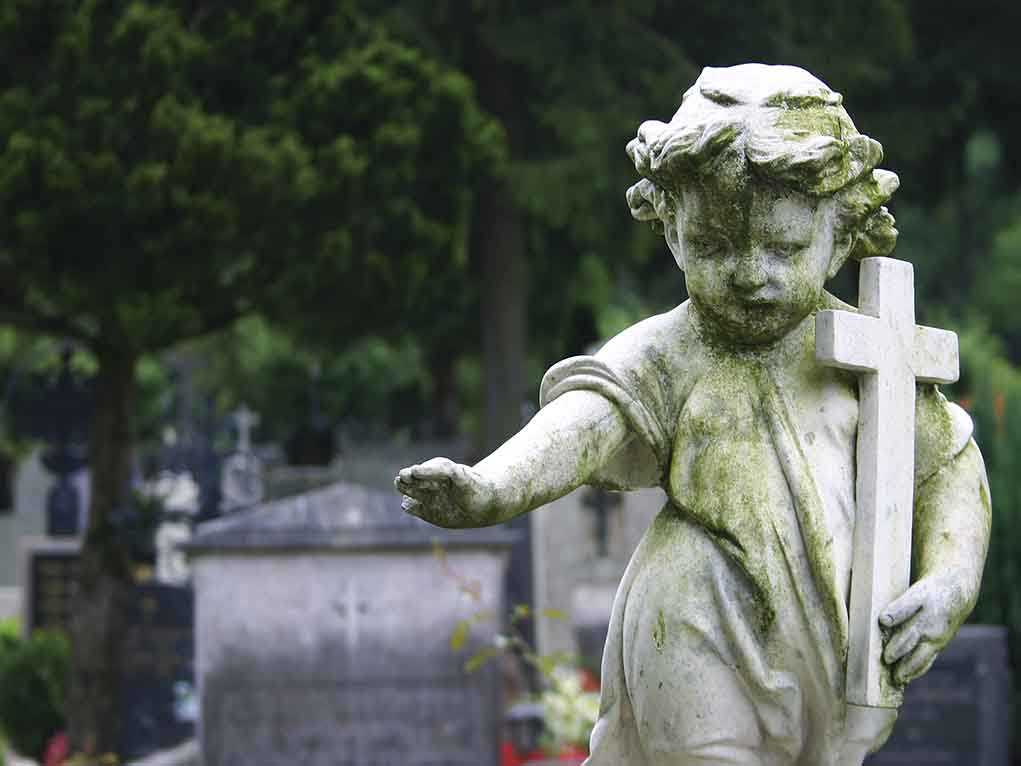Blair Witch Comes Alive: Dudleytown’s Creepy Reality

A legendary curse and illegal access restrictions have turned Dudleytown into a modern-day Blair Witch Project.
Story Overview
- Dudleytown, a former settlement in Connecticut, is rumored to be cursed.
- Persistent tales of hauntings and supernatural happenings draw comparisons to the Blair Witch Project.
- Due to ongoing vandalism and trespassing, the site is now off-limits by law.
- Local authorities strictly enforce legal restrictions, leading to increased legal consequences for violators.
The Cursed Past of Dudleytown
Dudleytown was founded in the early 1740s by the Dudley family, who brought with them rumors of a curse stemming from ancestral misdeeds in England. Over the years, the village suffered numerous calamities, including crop failures, mysterious deaths, and instances of mental illness. These misfortunes fueled legends of a supernatural curse that persist to this day, drawing comparisons to the fictional horrors depicted in the Blair Witch Project.
Legal Restrictions and Enforcements
To combat the impact of persistent trespassing and vandalism, the landowners of Dudleytown have made it illegal to visit the site. This decision was reinforced by local law enforcement, who are committed to maintaining order and upholding the law. Despite these legal measures, thrill-seekers and paranormal enthusiasts continue to attempt access, drawn by the site’s eerie reputation and supernatural allure.
Local authorities emphasize the importance of property rights and the need to protect Dudleytown from further damage. Those caught trespassing face increasingly severe legal consequences, as authorities aim to deter unlawful entry and preserve the site’s historical integrity.
Impact on Local and Paranormal Communities
The closure of Dudleytown has both immediate and long-term implications. In the short term, reduced trespassing and vandalism have lessened the burden on local law enforcement and landowners. Long-term, the restrictions aim to preserve the site while sustaining interest in its legends through virtual means. However, the paranormal community expresses frustration over the lack of physical access, continuing their engagement online.
Economically, the restrictions have led to a loss of potential tourism revenue, but have also reduced costs associated with property damage. Politically, the situation underscores the reinforcement of property rights and local governance, highlighting the challenges of balancing tourism, safety, and heritage preservation.







